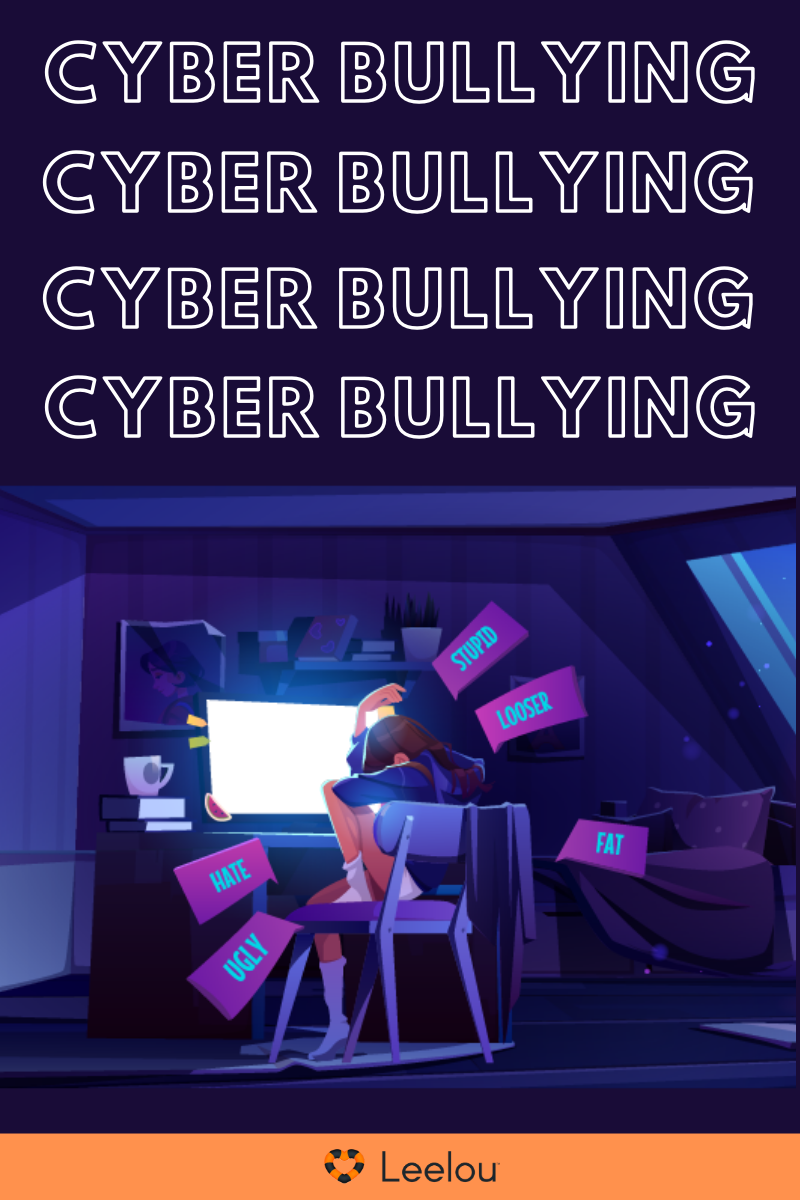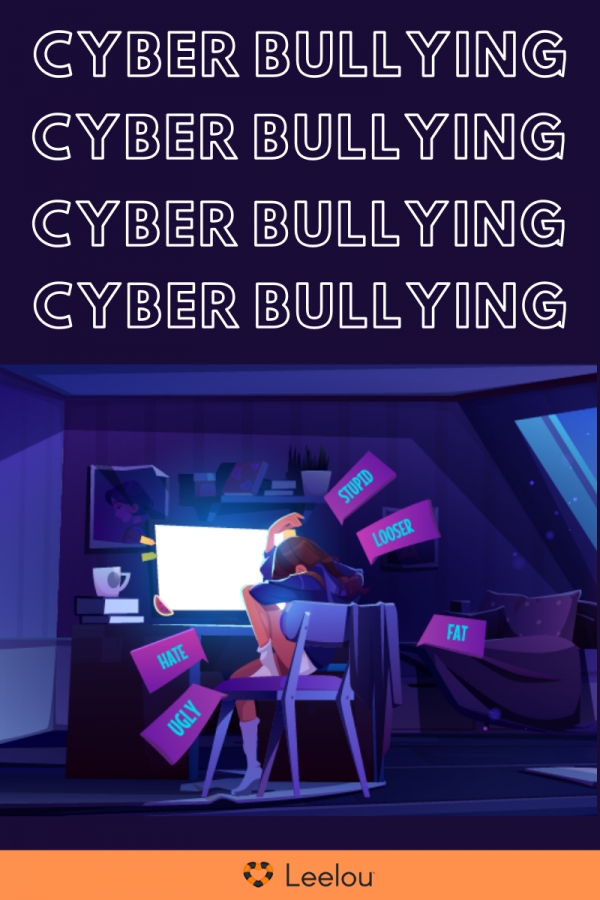
Vast research has showed that children lack the necessary supervision required to effectively safeguard them from becoming victims of any form of cyberbullying. While parents have a role to play in limiting and supervising access to the internet, educators can also make a key difference. The more teachers are equipped themselves to deal with cyberbullying, the better the chance we have of combatting the online threat. In fact, there are several powerful ways we as adults can intervene in the cycle of online bullying.
Helping to prevent cyberbullying begins with listening to children.
- Ask them to talk about their lives.
- Sit with younger children while they play and explore online.
- It’s a good idea to regularly ask tweens and teens to show you around the websites they visit, where they hang out, who with, and how they talk to each other. This is particularly important in a school setting, where online activities should be closely monitored so that appropriate online behaviour can be encouraged.
There are also ways of watching out for signs of online cruelty. This typically involves taking note when children get upset while online or texting, or when they have a reluctance to be at school. At the same time, teachers can keep an eye out for children being mean to others online.
Greater awareness around the consequences of bullying can assist in discouraging a culture of cyberbullying. Help children understand that cyberbullying can get them into serious trouble. In some cases, this might even involve legal ramifications. At the same time, encourage them to think about the psychological effects cyberbullying might have on others.
One of the most effective ways to prevent online bullying is social and emotional learning—the process through which we learn to build strong relationships and develop healthy boundaries and self-perceptions.
Key to this is promoting empathy and kindness. Actively teach thoughtfulness. This can help students understand how small, thoughtful actions can make a huge difference in others’ lives.
Educators can even advocate for empathy training at school or start a kindness campaign within their classrooms. This could be as simple as each student agreeing to do one kind thing a day, or it could have a much broader scope, such as developing a programme to challenge a culture of criticism with the school. Similar campaigns can be replicated at home or even in a broader neighbourhood.
As parents, you can collaborate with other educators to create programmes that explicitly address social-emotional skills. For example, by having them learn how to accommodate the needs of others when creating worlds in Minecraft, you can find opportunities to develop deeper emotional literacy and introduce strategies to resolve challenges or understand perspectives.
Like teachers, parents have a critical role in identifying and stopping cyberbullying. As a parent, you might be surprised how difficult it can be for a child to admit, even to you, that they are being bullied. To help them get past this, create an environment that allows them to feel safe to tell you the full story. From there, together, you can come up with a plan of action. Encourage your child not to retaliate and to rather ignore or block the bully. Save the online discussions as evidence just in case it escalates to threats of violence and the police need to be involved. Approach their teacher or school counsellor and find out what steps can be taken to prevent it from happening in the future.
Reassure your child that they always have your support and shouldn’t feel ashamed. Get them involved in activities that make them feel good so that they can move on and heal from the incident.
At the end of the day, combatting online risks like cyberbullying begins with promoting digital civility and helping one another to be responsible digital citizens.
Don't forget to download Leelou on your device. It’s FREE! Available at Apple Appstore and Google Playstore.


